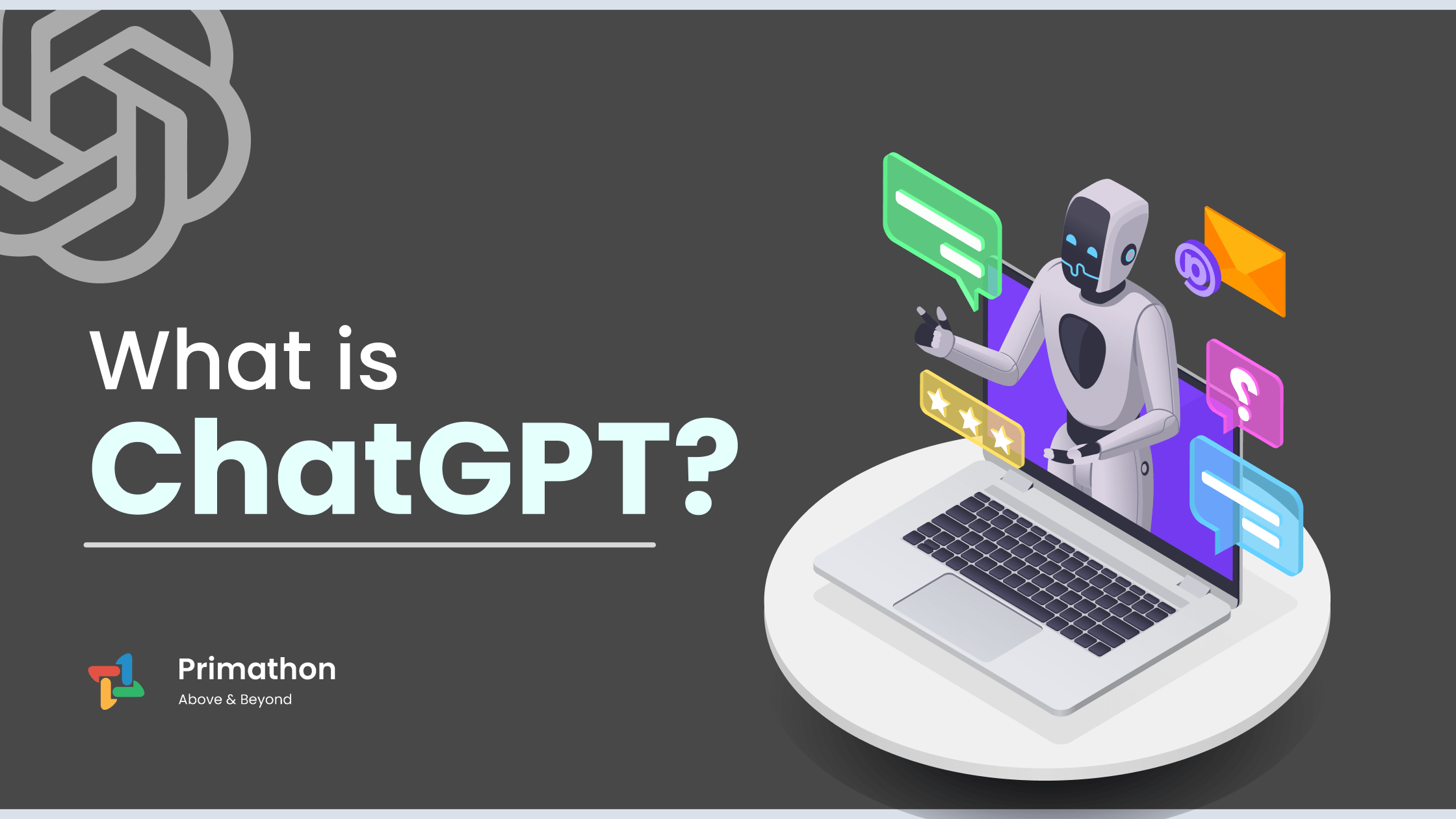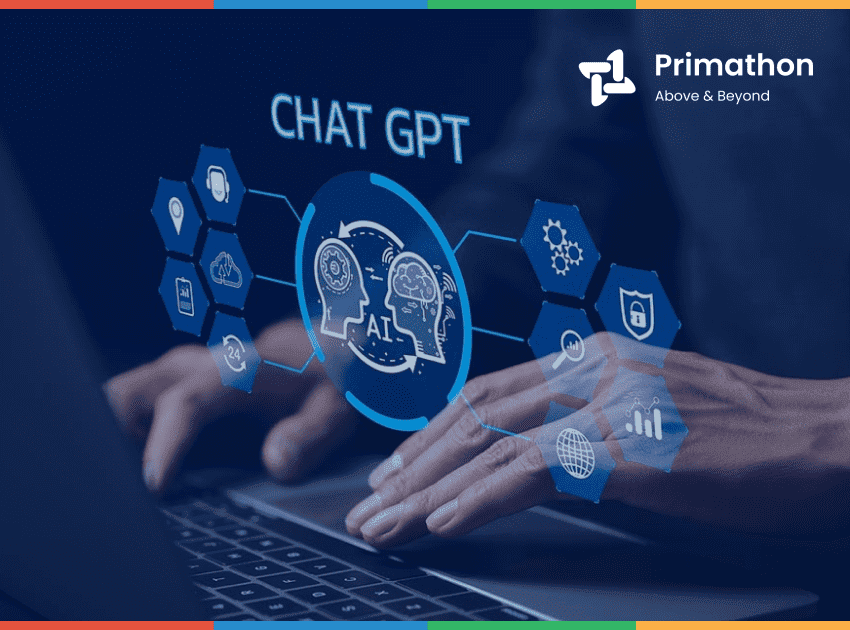
Enhancing Data Management with AI Integration
In today’s data-driven world, organizations are collecting information at an unprecedented rate. But handling all this data well can be really hard. Old-fashioned ways of managing data usually take a lot of time, work, and can make mistakes. In this case, artificial intelligence (AI) offers a big chance to enhance data management. Fortunately, the integration of Artificial Intelligence (AI) offers a transformative solution, empowering businesses to streamline data management and unlock valuable insights. In this article, we explore the benefits and strategies of integrating AI into data management systems, paving the way for enhanced efficiency, accuracy, and innovation in the digital era.
AI Integration: A Game Changer for Data Management
AI can make a big difference in how organizations handle their data. It assists with jobs, recognizes patterns, and examines data. Integrating AI means using its tricks to do things automatically, spot patterns, and get important info from lots of data. When AI is smoothly integrated into data management, it improves data quality, speeds up tasks, and provides useful insights to help the business grow. By integrating AI into data management systems, businesses can unlock a multitude of benefits, including:
- Improved Data Quality: AI can do tasks automatically to clean up data, finding and correcting mistakes, differences, and missing parts of the data. This makes data much better, making sure the information we get from it is right and trustworthy.
- Enhanced Data Integration: AI-powered tools can streamline the process of integrating data from diverse sources, such as databases, spreadsheets, and cloud applications. This means you’ll save time and money because you don’t have to manually figure out and change things.
- Automated Data Processing: Repetitive data processing tasks, such as data extraction, transformation, and loading (ETL), can be automated using AI algorithms. This frees up IT personnel to focus on more strategic tasks and allows for faster data processing cycles.
- Data-Driven Decision Making: AI can analyze vast amounts of data to identify patterns, trends, and relationships that would be difficult to detect manually. This info can help everyone in the organization make smarter choices.
- Predictive Analytics: AI-powered predictive analytics models can anticipate future trends and events based on historical data. This allows businesses to proactively address potential issues and optimize their operations for better outcomes.
AI for Data Systems: Specific Applications
One of the key aspects of AI integration in data management is enhancing data systems with AI capabilities. This means using AI tools to make data collection, storage, and finding it later automatic. From data warehouses to data lakes, AI can help organizations streamline data management workflows, improve data governance, and ensure data integrity across the organization. Here’s a deeper dive into how AI is transforming specific aspects of data management:
- AI in Data Analysis: AI integration empowers organizations to employ advanced analytics techniques for deeper insights from their data. By combining AI with their data, organizations may be able to understand it better. AI systems are very good at finding hidden patterns, spotting abnormalities, and making incredibly accurate predictions about what will happen in the future. This data analysis provides decision-makers with critical insights needed to understand customer preferences, project future occurrences, or assess emotions.
- AI Data Processing Solutions: AI integration offers a range of data processing solutions that can streamline data management processes and improve operational efficiency. With AI-powered data processing, tasks like cleaning up messy data and making it consistent and accurate become automatic. Organizations benefit from fewer errors, quicker productivity, and quicker insight acquisition because to this.
AI-Enhanced Data Management: A Holistic Approach
AI integration enhances data management by providing organizations with powerful tools and technologies to handle data more effectively. By automating boring tasks, finding important information, and making things work better, AI helps organizations get more from their data. Whether it’s making customers happy, making business run smoother, or thinking of new things, using AI with data helps organizations compete in today’s economy where data is super important. Putting AI into data management needs a good plan. Here are some key considerations:
- Identifying Data Management Challenges: The first step is to identify the specific pain points and challenges faced by your organization in terms of data management. This could include issues with data quality, data integration, data processing efficiency, or lack of actionable insights.
- Selecting the Right AI Tools: There are a variety of AI-powered data management tools available, each with its own strengths and weaknesses. It’s crucial to choose tools that are specifically designed to address your identified challenges.
- Data Governance and Security: When integrating AI into data management, data governance and security are paramount. Make sure you have strong rules and steps set up to safeguard sensitive data and follow regulations.
- Developing a Change Management Plan: Shifting to an AI-powered data management system often necessitates changes in workflows and employee skillsets. Create a thorough plan for managing changes to make sure employees support and successfully use the new system.
The Future of Data Management with AI Integration
As AI technology keeps advancing, its importance in managing data will grow even more. We can expect to see advancements in areas like:
- Explainable AI (XAI): XAI tools will provide greater transparency into how AI algorithms make decisions, building trust and improving the interpretability of insights derived from data.
- Real-time Data Processing: AI-powered systems will be able to process data in real-time, enabling businesses to make data-driven decisions with minimal latency.
- Automated Data Governance: AI will automate various aspects of data governance, such as data access control, data lineage tracking, and data quality monitoring.
Conclusion
Data management innovations have made it possible for businesses to extract the real value hidden in their data. Increased effectiveness results in a more accurate and seamless data transfer, revealing patterns and trends that were before concealed. Equipped with this enhanced lucidity, establishments may with assurance render data-driven determinations, refining every aspect of their functions to achieve maximum efficiency. The future of data management will be drastically changed by these advancements, which will become the cornerstone of efficient data consumption as technology continues its unrelenting expansion.





